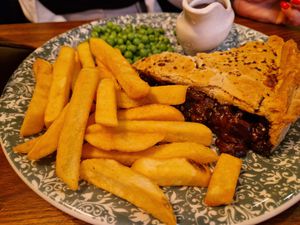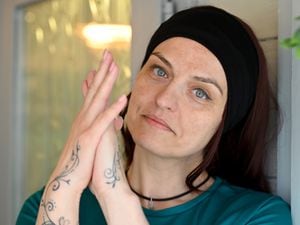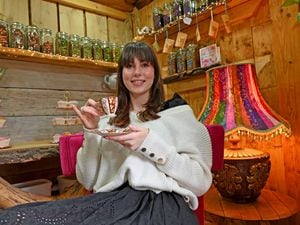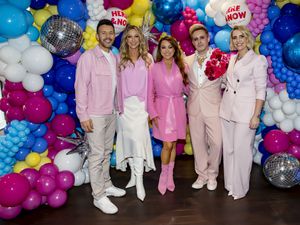What it's like to be a physiotherapist
When a poorly child needs a major transplant operation, it can be a difficult time for everyone involved.
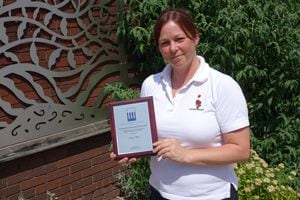
But helping these youngsters on the road to recovery is physiotherapist Jemma Mears, who has been caring for young people at Birmingham Children’s Hospital for almost two decades.
Her role sees her help children of all ages, from newborns through to teenagers, before they have surgery and in the days, months and even years afterwards.
She says physiotherapy is integral to helping them to recover and enjoy life in the same way as other children their age who haven’t been through so much.
“All of the patients I see are waiting for or have had liver or intestinal transplants. We manage the patients from holistic point of view.
“After their operations we make sure their airways are clear and they are breathing properly. We want to get them out of bed and mobilising as soon as possible.
“We look at building up their muscle strength. Liver disease and intestinal failure has a big impact on the body and can affect their muscle strength and leave them quite weak.
“We build muscle strength through special exercises in the gym and we give them some to do at home, which will help them get up to speed with their peers and back to their favourite activities and hobbies.
“Toddlers and babies can help development delays with their motor skills so we work with them and their parents to help them reach the motor milestones,” explains Jemma, who lives in Sedgley.
The former High Arcal School pupil studied for a degree in physiotherapy at Keele University before junior rotations at Walsall Manor Hospital two years where she worked with both adults and children.
But it was pediatrics that she found herself drawn to because she enjoyed being able to help both youngsters and their parents and she moved to the children’s hospital 17 years ago.
Working with children requires both a caring nature and imagination, the 42-year-old, who also leads a team of physiotherapists working in a range of different departments across the hospital, tells us.
“When I was doing my junior rotations, and as a student, I really enjoyed the pediatrics experience I got. I like the challenge of working with children. You are not only treating the child but you are also liaising with the family.
“You will be having an adult conversation but you get to play as well. It’s nice to be part of that family unit.
“It can also be quite fun. Working with children does require imagination though.
“You know the exercises you need them to do and what you want the exercises to achieve but you have to make it fun for them to do too,” explains Jemma.
It’s a job that has plenty of rewards although it can also have many sad moments, she tells us. “It’s great to see patients make really good progress. You get to know these children and be part of their childhood.
“I’ve got patients that I treated when they were babies and the are now 16 and going to college. I’ve got to see them grow from children to teenagers and really make success of their lives
“Some children have more difficulties and hurdles to overcome than others so it’s great when they get to a stage in their lives that you never thought they would get to. It’s a great feeling.
“It’s a hard job working in a children’s hospital because you do see some heartbreaking situations when families have lost their children and if you are part of that journey it can be difficult.
“You do see children that are very unwell but on the flip side, you do see many children who go on to do really well.
“Sometimes you don’t realise the difference you’ve made to a family during their difficult times and then you get a card in the post. We are only doing our job but it’s nice to get that,” adds Jemma.
One of the highlights of her time at the hospital has been accompanying patients to the British Transplant Games.
The 36 young people, who competed in a variety of events over the four-day event in North Lanarkshire, brought back an impressive haul of 92 medals, including 45 gold.
“We’ve won the Best Children’s Team prize for the last 21 years and it’s nice to see everyone do so well,” says Jemma.
Another achievement is becoming a world leader in her field, which led to her being recognised by her peers with the International Rehabilitation and Transplant Association’s (IRTA) Allied Health Professional Outstanding Achievement Award.
Jemma, who is principal physiotherapist for hepatology and transplantation at Birmingham Women’s and Children’s NHS Foundation Trust, travelled to New York earlier this year collect the award.
“It was amazing. I was really touched that someone would nominate me for the award and felt quite privileged to be part of something like that. It’s a field that tends to be dominated by nurses and doctors so for a physiotherpist to get an award is great and helps to raise profile of what we do,” she says.

